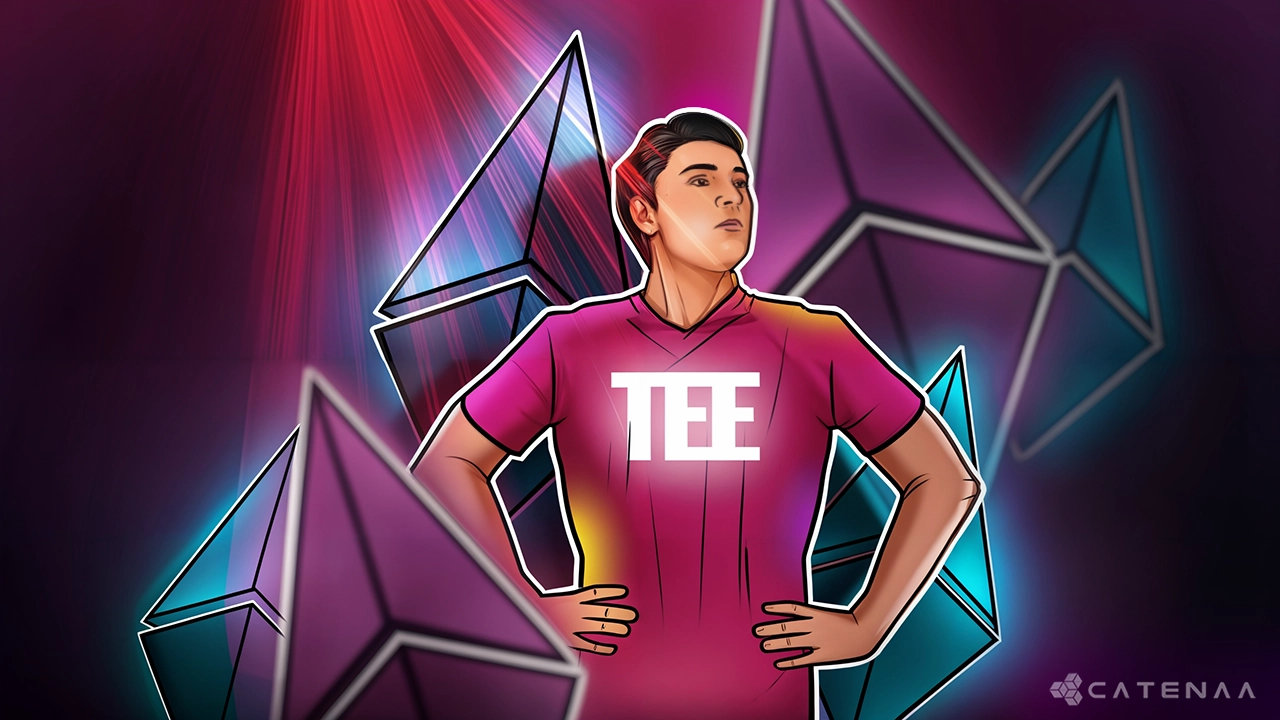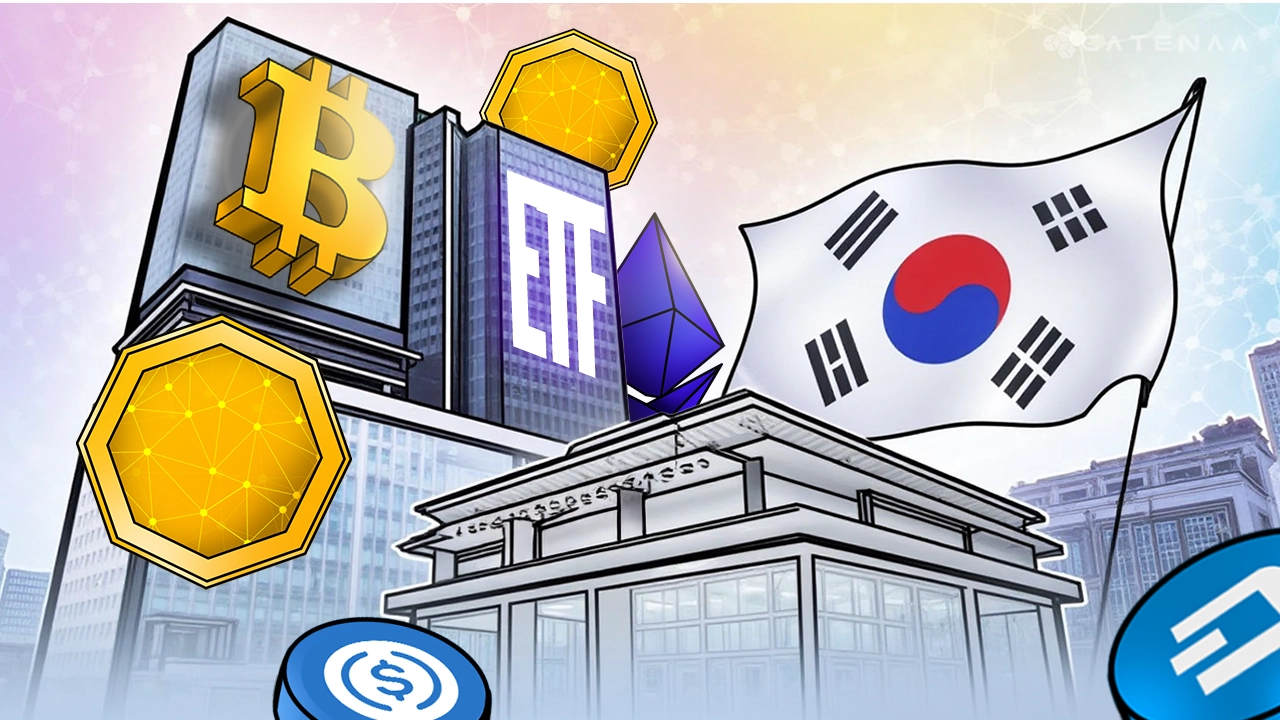Catenaa, Friday, May 09, 2025- Unichain, an Ethereum Layer 2 network developed by Uniswap Labs, has become the first to process transactions using Flashbots’ Rollup-Boost trusted execution environment, a move aimed at scaling throughput and curbing maximal extractable value (MEV) on-chain.
The tool, co-developed by Uniswap Labs and MEV-focused research group Flashbots, enables transaction sequencing inside a secure hardware enclave known as a TEE.
This setup enforces priority-fee ordering while minimizing the ability of validators to reorder or censor transactions — long-standing issues in Ethereum-based systems.
“TEE-based block building is the next step toward that vision, laying the groundwork for further decentralization,” Uniswap Labs wrote in a Friday blog. Future upgrades, including Flashblocks and the Unichain Validation Network, are expected to enhance both security and performance.
Unichain is part of the Optimism Superchain, a shared ecosystem of Layer 2s using the OP Stack, including Base and Ink. The Rollup-Boost middleware shifts sequencing away from centralized actors and introduces encrypted mempools to reduce MEV.
The TEE architecture splits blocks into four sub-blocks processed every 200 milliseconds, significantly accelerating throughput. Rollup-Boost will also support upcoming tools like execution attestations and validator staking through UNI tokens.
However, the project’s development has drawn criticism. Unichain was largely built in secrecy, and only 65% of its revenue will return to the Uniswap DAO, prompting backlash after a proposed $165.5 million incentive program was revealed.
Community members are questioning governance alignment and fund allocation, while Uniswap leadership has yet to address unresolved issues around the long-awaited “fee switch.”


